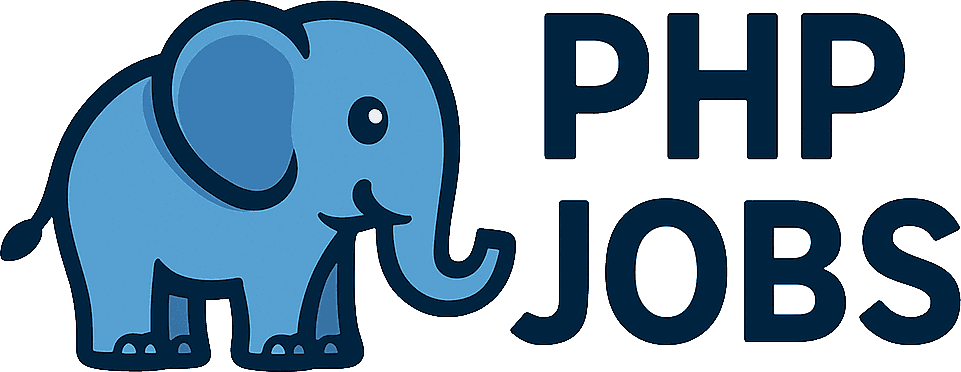Required Skills
- Experience in PHP and Related Frameworks - Knowledge of popular frameworks like Laravel, Symfony, or CodeIgniter for efficient application development.
- Experience in HTML, CSS, and JavaScript - Proficiency in front-end development, including frameworks like Vue.js, React, or jQuery, to create dynamic and responsive interfaces.
- Relational Database - Experience with databases such as MySQL or PostgreSQL, including creating complex queries and performance optimization.
- Version Control (Git) - Experience with Git for team collaboration and code versioning.
- RESTful API Development - Ability to create, consume, and document APIs for integration with front-end and external services.
- Information Security Knowledge - Understanding of web development security, such as protection against SQL Injection, Cross-Site Scripting (XSS), and Cross-Site Request Forgery (CSRF).
- Testing and Code Quality - Experience with unit and integration testing, as well as good code quality practices.
A Plus If You Have
- Advanced knowledge in Front-end Frameworks.
- Familiarity with Cloud Infrastructure.
Key Responsibilities
- API and Web Services Development.
- Front-end Feature Implementation - Utilizing HTML, CSS, JavaScript (and frameworks like Vue.js or React) to develop interactive and responsive interfaces.
- Integration with External Services - Integrating the application with third-party services such as payment systems, social networks, and email platforms.
- Testing and Debugging - Performing unit and integration tests, as well as debugging code to resolve functionality and performance issues.
- Security Implementation - Applying security practices to protect data and ensure application security, such as preventing SQL Injection and XSS.
- Code Documentation - Maintaining clear and updated documentation to facilitate code understanding and maintenance.
- Collaboration with Cross-functional Teams - Working with designers, product managers, and other developers to align project needs.
- Ensuring Application Scalability and Performance - Optimizing code and architecture for the application to support user and transaction growth.
- Maintaining Code Quality and Standardization - Following good programming practices, including Clean Code and architectural patterns, to ensure readable and efficient code.
- Updating and Implementing New Technologies - Staying aware of new technologies and development methods to improve existing solutions.
- Managing Code Versioning - Using tools like Git for version control, facilitating teamwork and tracking changes.
- Solving Technical Problems - Identifying and resolving complex functionality and compatibility issues between application components.
- Monitoring and Maintaining the System in Production - Monitoring and maintaining servers and systems, ensuring stability and minimizing downtime.

